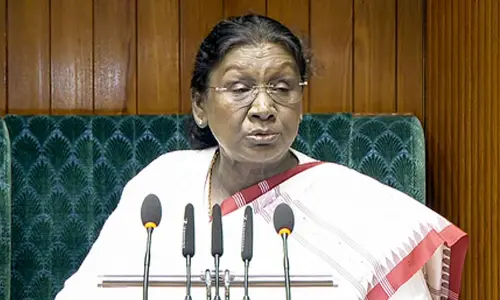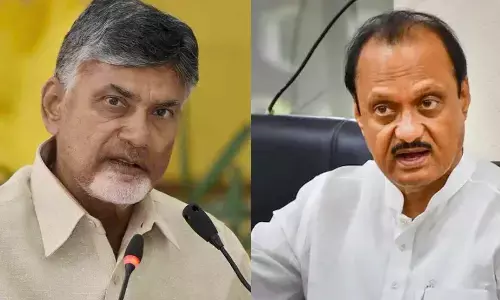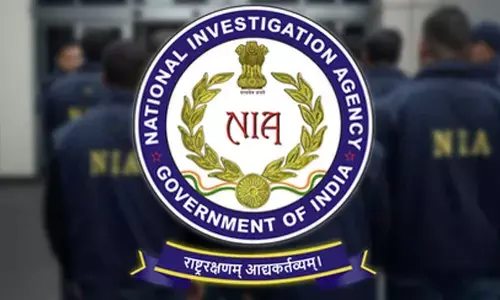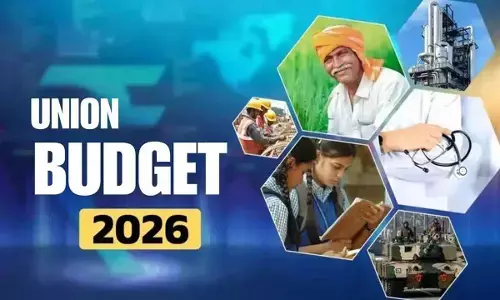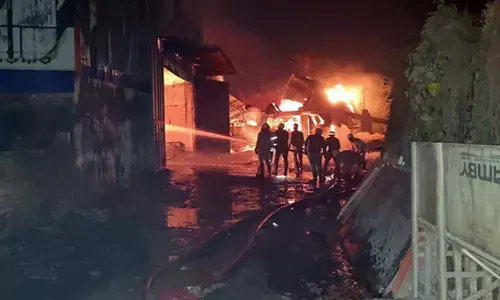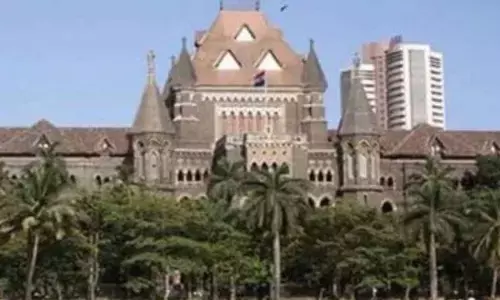Early warning for all: WMO unveils $3.1 bn plan at COP27
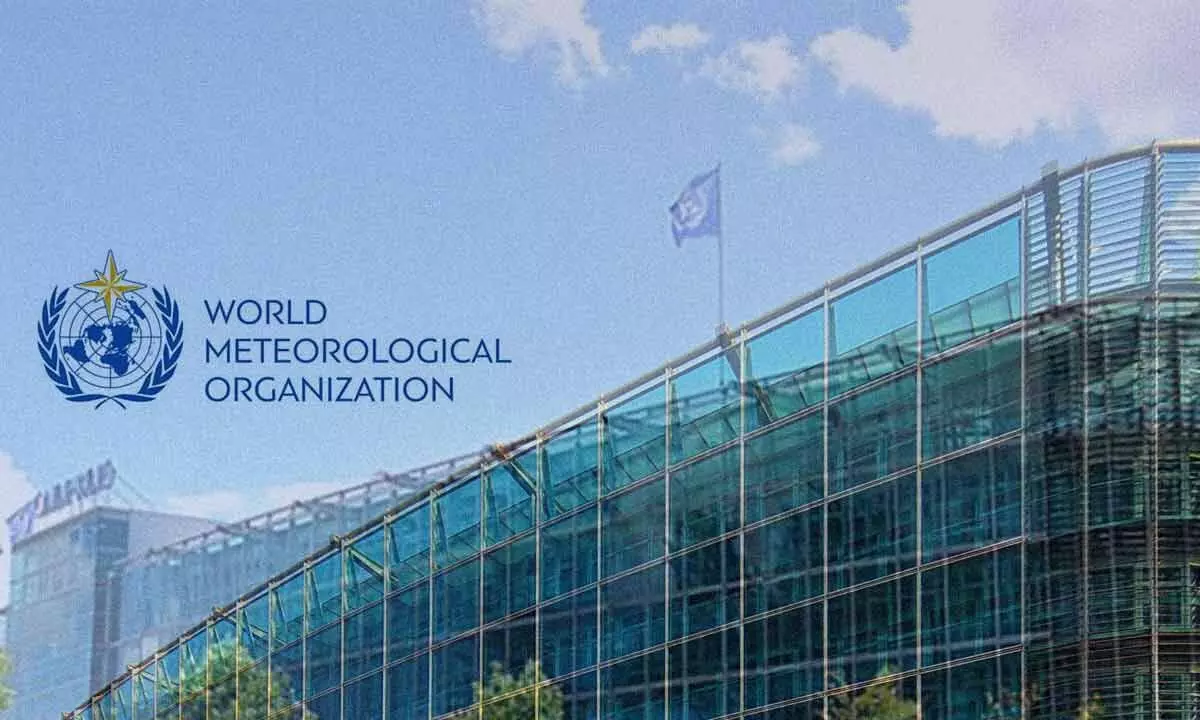
Early warning for all: WMO unveils $3.1 bn plan at COP27
The World Meteorological Organization (WMO) has put forward a plan to develop a global early warning system for extreme weather events intensified by climate change.
Sharm El-Sheikh: The World Meteorological Organization (WMO) has put forward a plan to develop a global early warning system for extreme weather events intensified by climate change. The initial investment for delivering early warning systems for all by 2027 will be nearly $3.1 billion, WMO said on Monday. It is equivalent to a comparatively modest 50 cents (approximately Rs 41) per person per year. The WMO released the Executive Action Plan of Early Warnings for All during a roundtable meeting at the 27th Conference of Parties (COP27) to the United Nations Framework Convention on Climate Change.
"We must invest equally in adaptation and resilience, which includes the information that allows us to anticipate storms, heatwaves, floods and droughts," said United Nations Secretary-General António Guterres.
"I have called for every person on Earth to be protected by early warning systems within five years, with the priority to support the most vulnerable first," Guterres added.
Initial investments of $3.1 billion will be required in the four pillars of the early warning system — disaster risk knowledge; observations and forecasting; preparedness and response; and communication of early warnings.
Disaster risk knowledge — which systematically collects data and undertakes risk assessments on hazards and vulnerabilities — requires investment of $374 million. Developing hazard monitoring and early warning services requires $1.18 billion.
Further, WMO's action plan also stated that observations and forecasting preparedness and response need funding of $1 billion for building national and community response capabilities. The last pillar of the early warning system — dissemination and communication of risk information — requires $550 million.
The initial investments represent six per cent of the $50 billion requested for adaptation financing, according to a WMO statement.
Early warning systems have still not reached 33 per cent of the global population, mainly in the least developed countries and small island developing states. Some 60 per cent of people in Africa lack coverage of the same. "Early warnings save lives and provide vast economic benefits. Just 24-hour notice of an impending hazardous event can cut ensuing damage by 30 per cent," said Petteri Taalas, secretary-general of WMO.
Channelling $800 million to such systems in the developing world would avoid losses of $3 billion-$16 billion per year, according to the Global Commission on Adaptation. India was also a part of the roundtable discussions.








